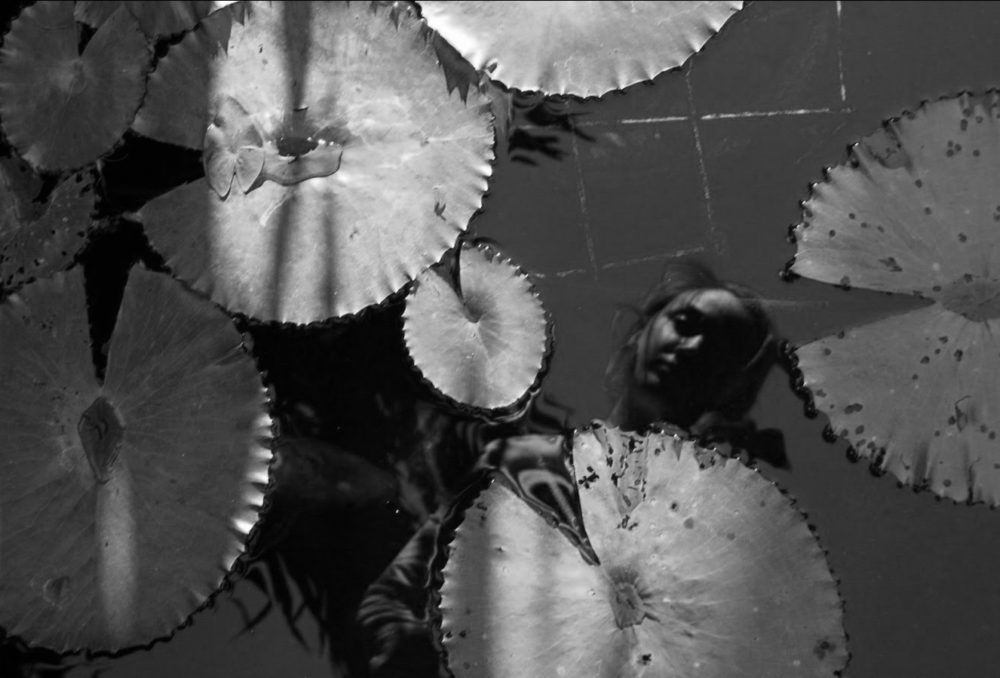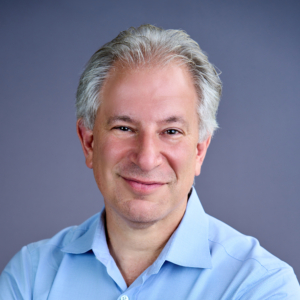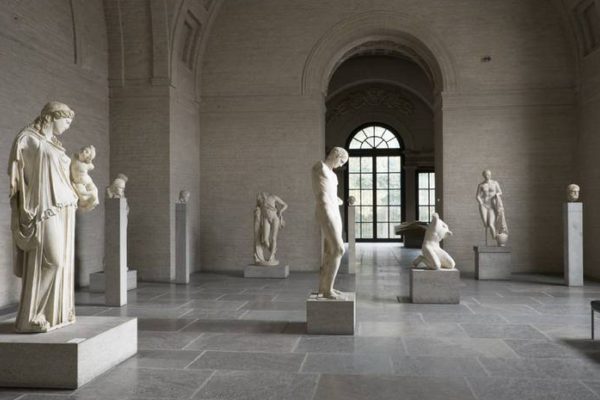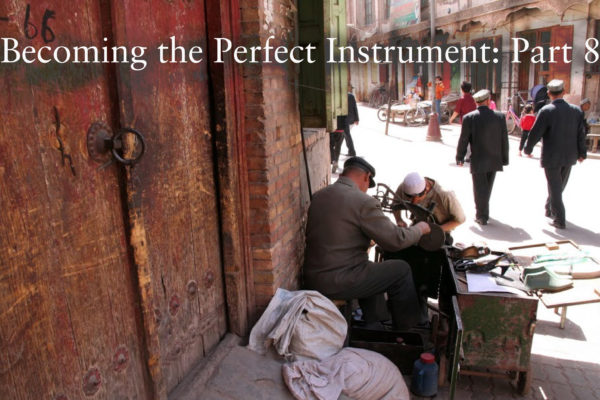
I’ve been grateful for the many comments I’ve received on the Living Two Stories post about the question of “what to do about not knowing what we want.” One of the themes that has come up in conversations about the piece relates to authenticity: how to be authentic in the context of work one is ambivalent about, how to seek out a path of greater authenticity at work, and so on.
In her recent HBR piece “The Authenticity Paradox”, Herminia Ibarra poses a thoughtful defense of the idea that preoccupation with authenticity can stand in the way of development as a leader. I suspect that there’s a way of thinking about authenticity that encompasses both the truth in Ibarra’s piece and a recognition of the difference authenticity can make to both the performance and happiness of leaders.
While in search for this way of thinking about authenticity, I found myself going back to one of the most striking poems I’ve read in recent months, a version by Stephen Berg of a poem in German by Ernst Stadler, selected by Edward Hirsch in his wonderful book Poet’s Choice.
The Saying
In an old book
I stumbled across a saying.
It was like a stranger
punching me in the face,
it won’t stop
gnawing at me.
When I walk around at night,
looking for a beautiful girl,
when a lie of a description
of life or somebody’s fake
way of being with people
occurs instead of reality,
when I betray myself with
an easy explanation
as if what’s dark is clear,
as if life doesn’t have thousands
of locked, burning gates,
when I use words without really
having known their strict openness
and put my hands around things
that don’t excite me,
when a dream hides my face with soft hands
and the day avoids me,
cut off from the world,
cut off from who I am deeply,
I freeze where I am
and see hanging in the air in front of me
STOP BEING A GHOST!
Image by Tiffany Franke – http://tiffanyfranke.tumblr.com



